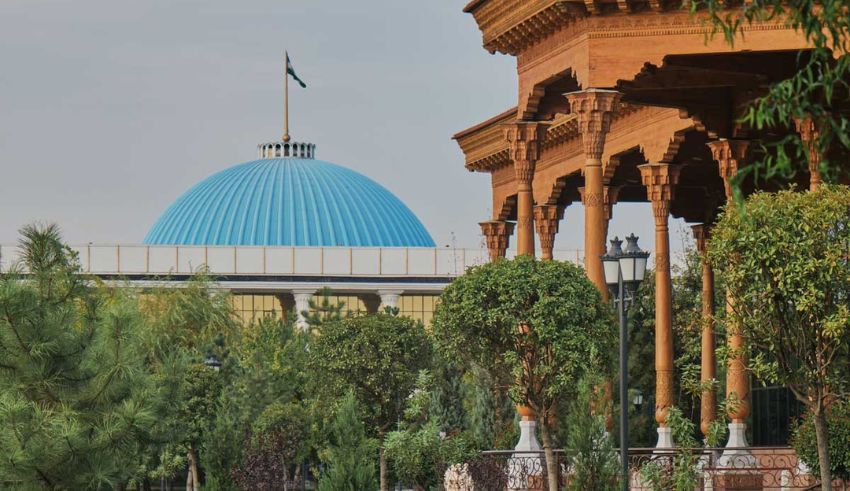
Last updated on December 17th, 2023 at 08:15 pm
Central Asia, a region rich in natural resources and strategic location, has long faced challenges in fostering a collective regional identity among its diverse and independent nations. However, recent initiatives and developments have shown a renewed commitment and interest in enhancing the level of cooperation and integration within the region.
One of the main drivers of this process is Uzbekistan, which has embarked on a series of reforms and openness to the outside world since President Shavkat Mirziyoyev came to power in 2016.
Uzbekistan has prioritized improving its relations with its neighbors and promoting regional connectivity through various trans-regional projects, such as the construction of railways, roads, and pipelines. Uzbekistan has also simplified its visa procedures for citizens of other Central Asian countries, facilitating the movement of people, goods, and services across the region.
Another important factor is the establishment of annual consultative meetings among the leaders of the Central Asian countries, which began in 2017.
These meetings provide a platform for dialogue and cooperation on regional issues and challenges, such as security, trade, water, energy, and culture. The meetings also aim to foster a sense of regional identity and solidarity among the nations, based on their common historical, cultural, and religious heritage.
However, there are still many obstacles and barriers to the formation of a regional identity in Central Asia, such as the lack of trust, political will, and institutional capacity among the countries, as well as the influence of external actors and interests.
According to Erkin Baydarov, a leading researcher of the Institute of Oriental Studies of the Ministry of Education and Science of Kazakhstan, the idea of national identity through the prism of “national history” largely hinders the integration process in many respects. He suggests that the Central Asian countries should study their historical roots and the economic, political, and cultural factors of their regional identity, as well as the role of the Hanafi madhhab and Maturidism as the doctrinal foundations of their faith.
The formation of a regional identity in Central Asia is not only a matter of academic interest, but also a strategic necessity for the region’s stability and prosperity.
As the world undergoes geopolitical and socio-cultural changes, the Central Asian countries need to find ways to overcome their differences and leverage their similarities, in order to achieve their common goals and interests. By fostering a regional identity, the Central Asian countries can enhance their resilience, competitiveness, and attractiveness in the global arena.
























